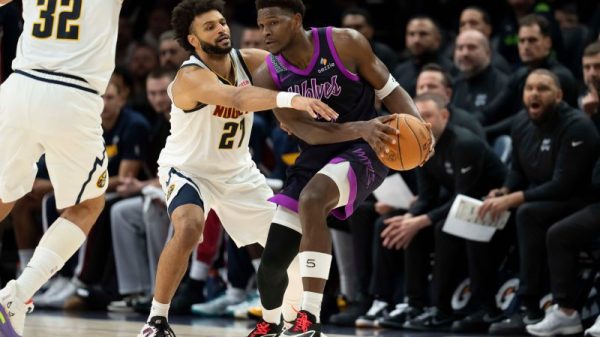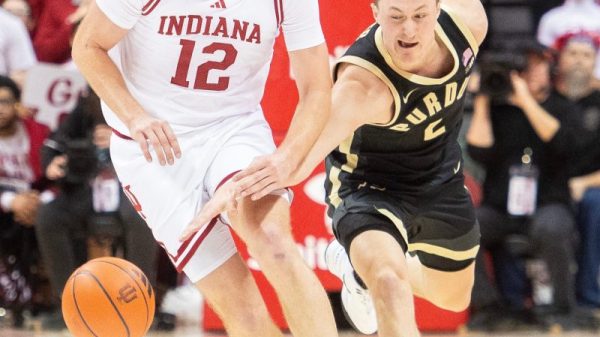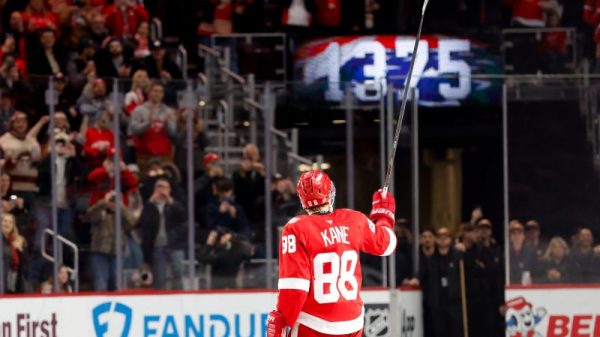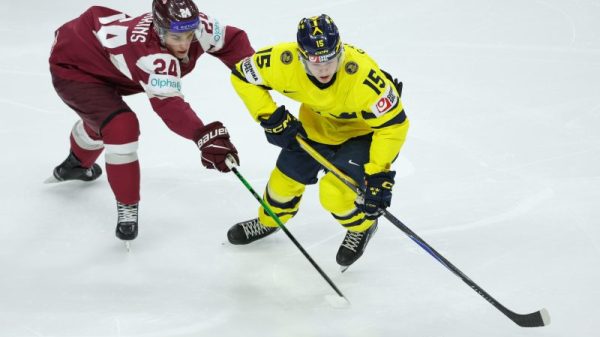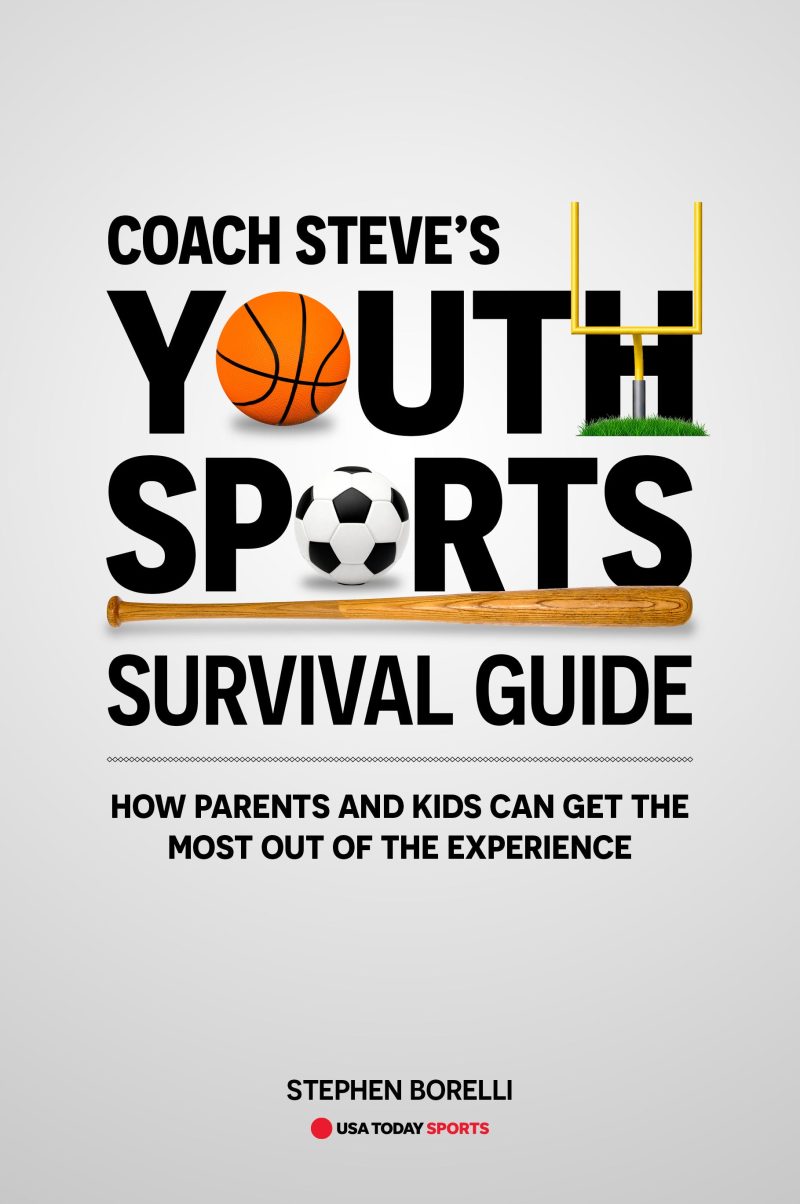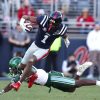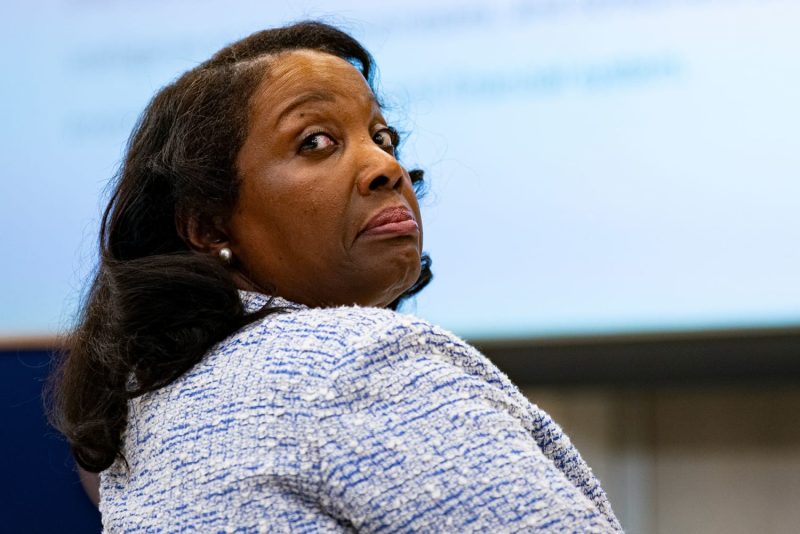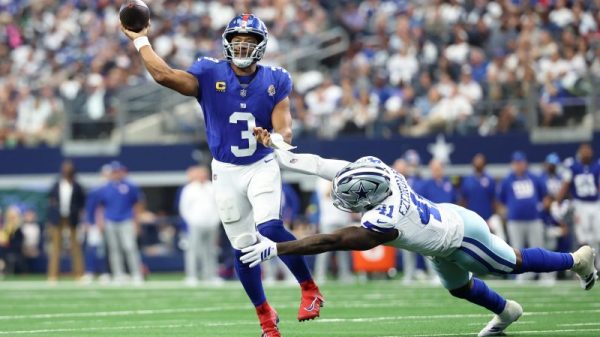Stephen Borelli (aka “Coach Steve”) and his wife, Colleen, have been sports parents for nearly a decade and half, and Borelli has become a national authority for his coverage and advice on navigating youth sports. He also draws on his three-plus decades as a sportswriter with USA TODAY Sports for his new book, ‘Coach Steve’s Youth Sports Survival Guide: How Parents and Kids Can Get the Most Out of the Experience.’ You can order the book atcoachsteve.usatbook.com as part of a preorder sale. Gift certificates are available right now for holiday giving.
When I started coaching my sons, I never expected to be writing about it one day. I wanted to be involved in their lives, the way my dad had as my Little League coach, and help them find at least some of the joy I had gotten from athletics.
That joy, though, really has never left me. You can hear it in the chatter of sportswriters covering a big event, or sports copy editors in a newsroom, or in dads huddled behind the fence at their kids’ baseball or softball games. I have had the opportunity to combine the passions of all these activities.
During the spring of 2023, as my older son, Connor, was entering his freshman season of junior varsity baseball, I was asked by my editors at USA TODAY to write a weekly column offering tips and advice for parents whose kids play sports. We wanted to dive into the world where so many moms and dad want answers.
I certainly don’t have them all, and, like you, am learning as I go along. But, through this column – which has appeared weekly at USATODAY.com, and occasionally on USA TODAY’s print sports page or within USA TODAY Sports Weekly magazine, since then – I have been able to get at some pertinent questions.
When should my kid specialize in a sport?
What do I do if he or she has a ‘bad’ coach?
Should my son or daughter play on a travel team?
Why do 70% of kids drop out of youth sports by 13?
Why is failure so important, in sports and in life?
‘The part for me that’s hard sometimes is, especially when I’ve watched my kids come up, (is) I think there’s too much emphasis placed on winning at a young age,’ University of Maryland women’s basketball coach Brenda Frese, a national championship winner, told me when we spoke in late 2023. ‘I get that, later when you’re in college and that kind of thing, but the development part for me is when people get all consumed by the ego.’
The eagerness of prominent coaches and athletes to come forward to speak on youth sports told me we were onto something.
When I asked Steve Pikiell, Rutgers men’s basketball coach, in one of my early columns, what he looked for in players, he laughed, like Frese did, and said: ‘Parents.’
‘If I could say one thing to parents: Take a deep breath and just enjoy that your kid isn’t playing video games and he’s not running around doing something,’ Pikiell said. ‘I probably see too much and I’m like, ‘They’re 8 years old, 9 years old.’ Just let ’em play the soccer game and let ’em go get an ice cream. None of these kids are going to the Olympics, right?’
Then he connected me with his two daughters, who have competed athletically at prominent Division I schools. We were off and running.
The next spring, Kenny Blakeney, Pikiell’s counterpart at Howard University, shared how parents asked for floor seats as part of the recruiting process.
‘I push back,’ Blakeney told me. ‘I push back big time or we don’t even move forward. It’s an entitlement that seeps into the kid, which seeps into the team. That can really damage and separate a team.’
How do I get recruited? Coach Steve’s look behind the scenes of a D-I football program
Misbehaving parents, perhaps many of them unintentionally, became a consistent theme throughout my columns. You’ll see it, especially at youth events, in the book. I also reached out to referees on the receiving end of spectator abuse, who sometimes even fear for their safety.
My goal isn’t to call out our flaws as we watch our kids play, but to help us realize what we’re doing. We can all be better in the bleachers.
‘Even with good intentions, if you’re too involved as a parent with what your kid is doing on the field, it’s not gonna end up good for anybody,’ said Tom House, a former major-league left-hander turned pitching and quarterback throwing guru to the pros.
He is now most passionate about coaching kids, and he admits he failed at first as a sports father.
‘Dad, please, go somewhere else,’ his son, Bryan, told him. ‘You’re embarrassing me.’
Tom got thrown out of the game. Maybe you have, too, but it doesn’t mean you’re a bad parent. I like to say we are all a work in progress, and we never quite perfect this craft.
It’s the same sentiment late UCLA men’s basketball coach John Wooden had about success. You’ll hear more about Wooden later in the book.
Hopefully by sharing stories I have heard and advice I have learned, sometimes from legendary figures like Wooden, you can get closer to figuring out your purpose in sports parenting. The book is a collection of my columns, hitting prominent themes of youth sports and sports parents, often through the eyes of other parents like yourself.
Borelli, aka Coach Steve, has been an editor and writer with USA TODAY since 1999. He spent 10 years coaching his two sons’ baseball and basketball teams. He and his wife are now sports parents for two high schoolers. His Coach Steve column is posted weekly at USATODAY.com






